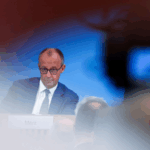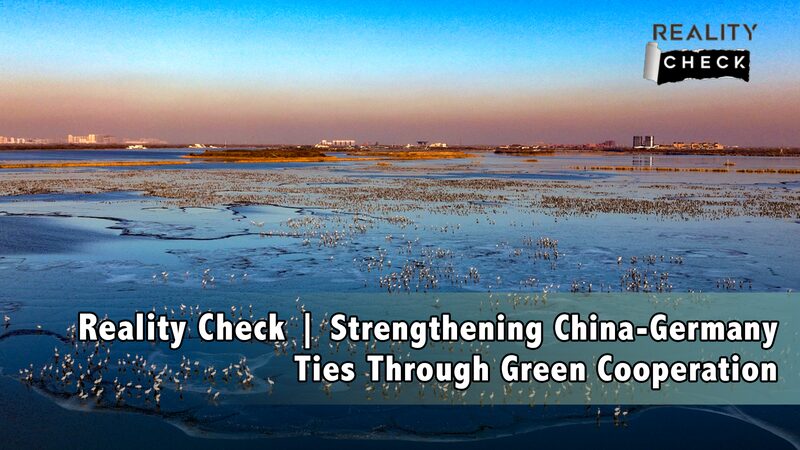Why China-Germany Ties Are Defying 'De-Risking' Narratives
As climate change and AI reshape the geopolitical chessboard, the world’s second- and third-largest economies are doubling down on collaboration. Chinese President Xi Jinping and German Chancellor Olaf Scholz met in Beijing this week, emphasizing shared goals in green energy, tech innovation, and economic stability. 🌱💡
With trade accounting for one-third of China-EU exchanges, Scholz’s whirlwind tour of renewable energy hubs like Chongqing sent a clear signal: Berlin sees partnership, not rivalry, as the path forward. “Only together can we tackle climate change,” Scholz said, highlighting solar and wind projects backed by German firms in China.
A Win-Win Formula
From EVs to AI, the two nations’ supply chains are deeply intertwined—Germany has been China’s top EU trading partner for decades. President Xi stressed untapped potential in ‘traditional and emerging fields,’ while Scholz’s focus on green tech mirrors Europe’s climate urgency. 🔋⚡️
Analysts say this 100-hour diplomatic sprint challenges the ‘de-risking’ rhetoric gaining traction in the West. “When global challenges need teamwork, cutting ties isn’t the answer,” said a Beijing-based trade expert. “This is about rewriting the rules of engagement.”
Reference(s):
cgtn.com


